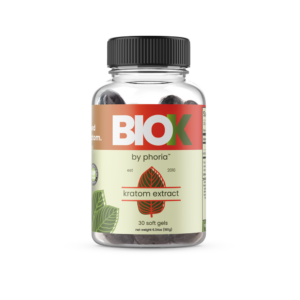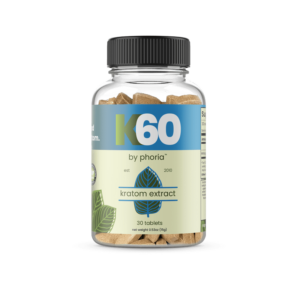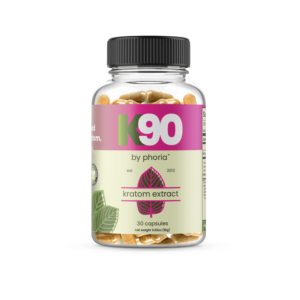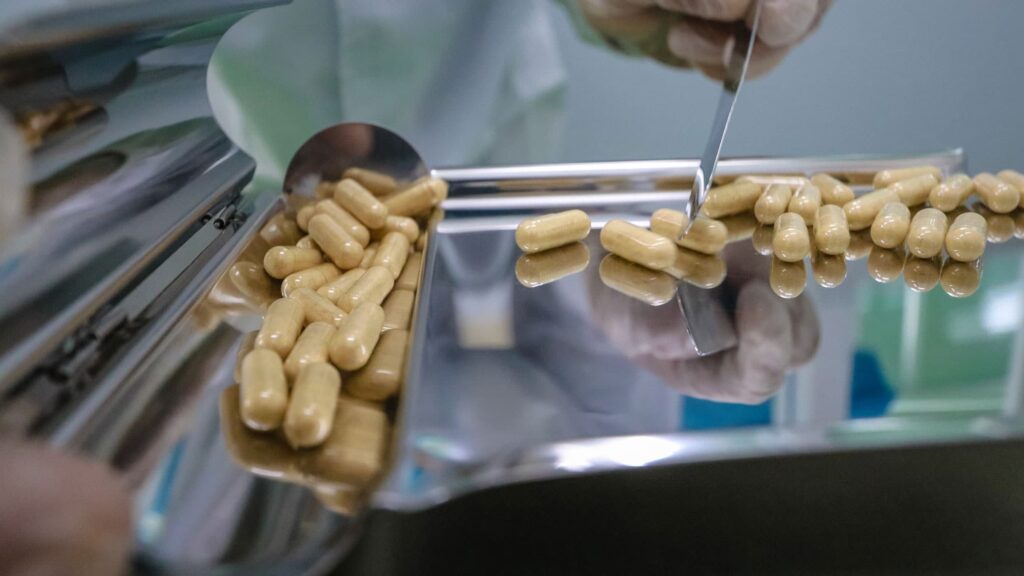If you’re new to kratom as a consumer you may have mixed feelings because of its muddied and misconstrued legal history. Used by millions of people Kratom has been a controversial topic for some years now, and in this guide we will cover the legal basics to purchasing kratom in the United States that you may consider.
Kratom Legal Status & Legislation Facts from All 50 States in 2023
Kratom is illegal to buy, sell, possess or use in:
- Rhode Island (kratom was banned in 2017, but the state is hoping for a reversal)
- Indiana (kratom has been completely banned since 2014)
- Alabama (kratom is technically illegal because in 2016 a bill was passed that incorrectly classifies kratom alkaloids as a synthetic controlled substance)
- Arkansas (kratom alkaloids are classified as opioid derivatives)
- Wisconsin
- Vermont
Kratom is legal but regulated in states such as:
- Alaska
- Arizona
- California (kratom is legal in California except for San Diego city limits and Oceanside)
- Colorado (kratom is legal in Colorado except for Denver)
- Connecticut
- Delaware
- Florida (kratom is legal in Florida except for Sarasota Country)
- Georgia (Kratom Consumer Protection Act passed in 2018)
- Hawaii (democrat bill introduced to schedule kratom, but killed)
- Idaho
- Illinois (kratom is legal in Illinois for those over the age of 18, except for Alton, Edwardsville, Glen Carbon, and Jerseyville)
- Iowa
- Kansas
- Kentucky
- Louisiana
- Maine
- Maryland
- Massachusetts
- Michigan
- Minnesota
- Mississippi (yes and no, currently over 30 different counties and cities in Mississippi have banned kratom)
- Missouri
- Montana
- Nebraska
- Nevada
- New Hampshire (kratom is legal for those over the age of 18, except in Franklin City)
- New Jersey
- New Mexico
- New York
- North Carolina
- North Dakota
- Ohio
- Oklahoma
- Oregon
- Pennsylvania
- South Carolina
- South Dakota
- Tennessee (kratom is legal for those over the age of 21)
- Texas
- Utah
- Virginia
- Washington
- West Virginia
- Wyoming
What is kratom?
Kratom, or Mitragyna speciosa is an evergreen tree that grows in Southeast Asia. Native people realized centuries ago this plant can be used in many different ways because it contains a range of compounds called alkaloids, which produce different desired effects based on dosage, ranging from boosts of energy and euphoric, well-being effects to analgesic and sedative effects.
In Indonesia, for example the most popular way of taking kratom often is by brewing it, like coffee (they’re related) into tea and drinking it however by nature, kratom is extremely bitter tasting. The most popular way of taking kratom here in the United States is by capsule, where ground kratom leaf is distributed into a vegetable capsule and taken like a prescribed pill or dietary supplement. These capsules have been around for over 10 years in the USA market but unfortunately most people have to take a large number of them for desired effects because the kratom is raw and contains low mitragynine levels. Kratom extract is a newer product, where kratom alkaloid levels are accurately dosed in each capsule, gummy or kratom product.
-
Phoria BioK™ Kratom Extract Soft Gels$19.95 – $174.95
-
Phoria K60 Kratom Extract Tablets$29.95 – $189.95
-
Phoria K90 Kratom Extract Capsules$24.95 – $199.95
The Short Federal Legal History On Kratom in the United States
Due to its lack of clinical research, many political opportunities and parties have moved in a direction of demonizing kratom for one reason or another. Most research done on kratom in the United States is very recent, dating back to only 2012.
The FDA position on kratom
This is where the legal status of kratom has come into question numerous times over the years. The FDA is not a fan and has launched numerous campaigns to disturb or remove all together the current thriving kratom industry from North America for years.
In 2016 for example, under pressure from the FDA the U.S. Drug Enforcement Agency (DEA) attempted to schedule kratom as a schedule I illegal controlled substance. Any compounds in this category are deemed to have no medical use whatsoever and to have a very high abuse rate.
Approximately one year after the DEA announced its proposed ban on kratom, the department for Health and Human Services (HHS) constructed a response letter supporting the ban which led to massive public outcry. Scientists, federal lawmakers, doctors, consumers and kratom advocates from all over the country organized a march on the United States White House to show massive unified support for the plant.
Over 130,000 petition signatures were obtained condemning the ban and 51 sitting members of congress urged the DEA in an official letter to please listen to the public. Shortly thereafter the HHS and DEA rescinded their position on kratom, however the FDA still persists to this day. Recently they consulted the World Health Organization (WHO) to ban kratom globally, restricting international trade.
The KCPA (Kratom Consumer Protection Act)
The KCPA was introduced as a law bill to legalize kratom permanently with strict standards on manufacturing and sales. The bill addresses the following categories in one way or another:
- The manufacturing, distribution and sales, and possession of kratom
- Manufacturing and distribution penalties for contaminated kratom
- Age limits
- Fines and Penalties
- Lab Testing
- Product Labeling
The overall purpose of the KCPA is to ensure customers are receiving a clean, pure and non-adulterated form of kratom when they are making a purchase. The bill would introduce fines and/or criminal charges for manufacturers that do not follow KCPA guidelines.
The KCPA is a certain set of base guidelines which helps the kratom industry as a whole however once adopted states have the option to include other factors important to them in the bill as well.
Basic guidelines in the bill are as follows:
- Prohibits the sale to anyone under 18 years of age
- If a product contains kratom it must be disclosed
- Prohibiting sales of adulterated or contaminated kratom products
- Prohibiting sales of kratom mixed with any other illegal substances or compounds deemed illegal by that state
- Prohibiting the sale of any product containing more than 2% 7-Hydroxymitragynine
- Prohibiting the sale of any product containing synthetic alkaloids
- Manufacturer origin on product labels
- Disclosing the amount of alkaloids in each product
As of writing this article, only four states have adopted the KCPA legislature.
What Consumers Can Do To Make Sure Kratom Remains Legal
When purchasing kratom, you need make a conscious decision to contribute to its positive movement, or feed the initiative that will get it banned. You want to make sure you are purchasing kratom from a trusted supplier who’s values are aligned with yours.
A few things to check on a vendor when purchasing kratom:
- Check that their values align with yours
- Make sure their products are lab tested
- Make sure they follow GMP practices
- Make sure they have not been involved in any scandals or recalls, and if they have, how they handled the situation
- Determine whether their marketing practices follow laws, rules and regulations
- Refuse to purchase from kratom vendors that use illegal or deceptive marketing practices
Keep in mind, it was users who really need kratom in the end that have kept this industry going, and with everyone’s help kratom advocates can overcome the great distrust that has been instilled in kratom for the past 10 years and move it forward, in respect to clinical trials, education and more.







